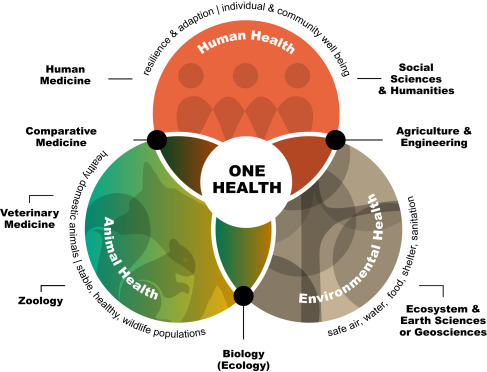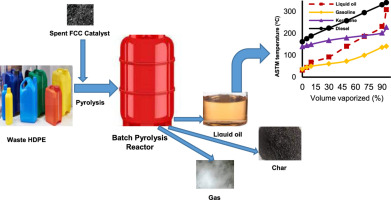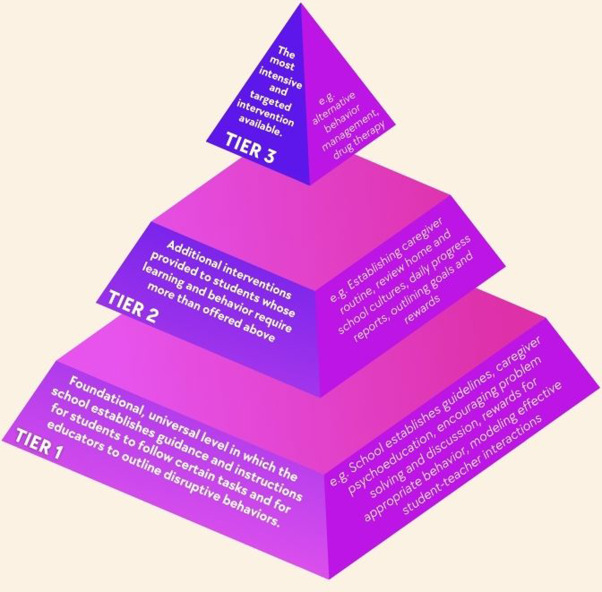The article highlights the Indigenous approaches to conflict resolution vary considerably from society to society.
Elsevier,
Overcoming Obstacles in Drug Discovery and Development, Surmounting the Insurmountable—Case Studies for Critical Thinking 2023
Racial and ethnic disparities among clinical trial participants is a long-standing issue demanding attention in the research community as advances in precision medicine increase. This exclusion from clinical trial enrollment has tangible consequences, preventing traditionally underserved populations from benefitting from health innovation and cutting-edge technologies. Aggregation of populations into a generalized treatment population lends to the evident healthcare inequities we see today and support SDG3
This Article supports SDG 3 by examining whether birth-dose vaccination, compared with vaccination at 6-8 weeks or no vaccination, is effective in preventing horizonal transmission of HBV in children aged 0-5 years of uninfected mothers.
The 2022 UN Climate Change Implementation Plan acknowledged the necessity of taking action to address climate change and safeguard water and food security within a human-rights-based approach.1 Low-income and middle-income countries are disproportionately affected by climate change and have less capacity to respond to climate-related impacts such as sea-level rise, extreme weather events, drought, population displacement, and disease.
Elsevier,
Principles of Gender-Specific Medicine (Fourth Edition)
Sex and Gender-Specific Biology in the Postgenomic Era
2023, Pages 409-429
This content aligns with Goal 3: Good Health and Wellbeing as well as Goal 10: Reduced Inequalities by emphasizing the importance of gender-specific medicine in pharmaceutical development and global healthcare, aiming to improve health outcomes for all genders. By addressing the challenges faced by the pharmaceutical industry in integrating knowledge on sex-specific biological differences into drug development programs, the chapter advocates for strategies to promote equity in healthcare access and outcomes. Additionally, it recognizes the importance of addressing gender disparities in healthcare and advocating for approaches that ensure equal access to gender-specific pharmaceuticals. Through these efforts, the content supports the goal of reducing inequalities in healthcare access and outcomes, ultimately contributing to the promotion of good health and well-being for all individuals, regardless of gender.
One Health and the Exposome embrace a broad view of human health and its environmental drivers as well as provide various tools and modes of operation to systematically uncover pathways linking poor health outcomes with their root causes to inform interventions supporting the WHO SDG3.
Habitat conversion and resource utilization have been identified in the One Health approach as drivers of poor ecosystem health that can lead to disease spillover events supporting SDG3.
The article describes how to turn waste plastics into high-quality liquid oils by thermal and catalytic pyrolysis.
Elsevier,
Translational Surgery
Handbook for Designing and Conducting Clinical and Translational Research
2023, Pages 591-597
The extensive history of abuse and ongoing mistreatment of Black Americans continues to foster apprehension and distrust of healthcare providers. This has resulted in substantial barriers for modern healthcare to appropriately address the needs of Black patients. These concerns have been visibly manifested during the COVID-19 pandemic. This article supports WHO SDG 3 Good Health and Wellbeing and SDG10 Reduced Inequalities.
Elsevier,
The Thinking Healthcare System
Artificial Intelligence and Human Equity
2023, Pages 99-129
Highlights the 21st century's fundamental “global health” reformulation of PubHealth and anticolonial resistance (to a perceived cultural imperialism of the West including in PubHealth) supporting SDG 3.




